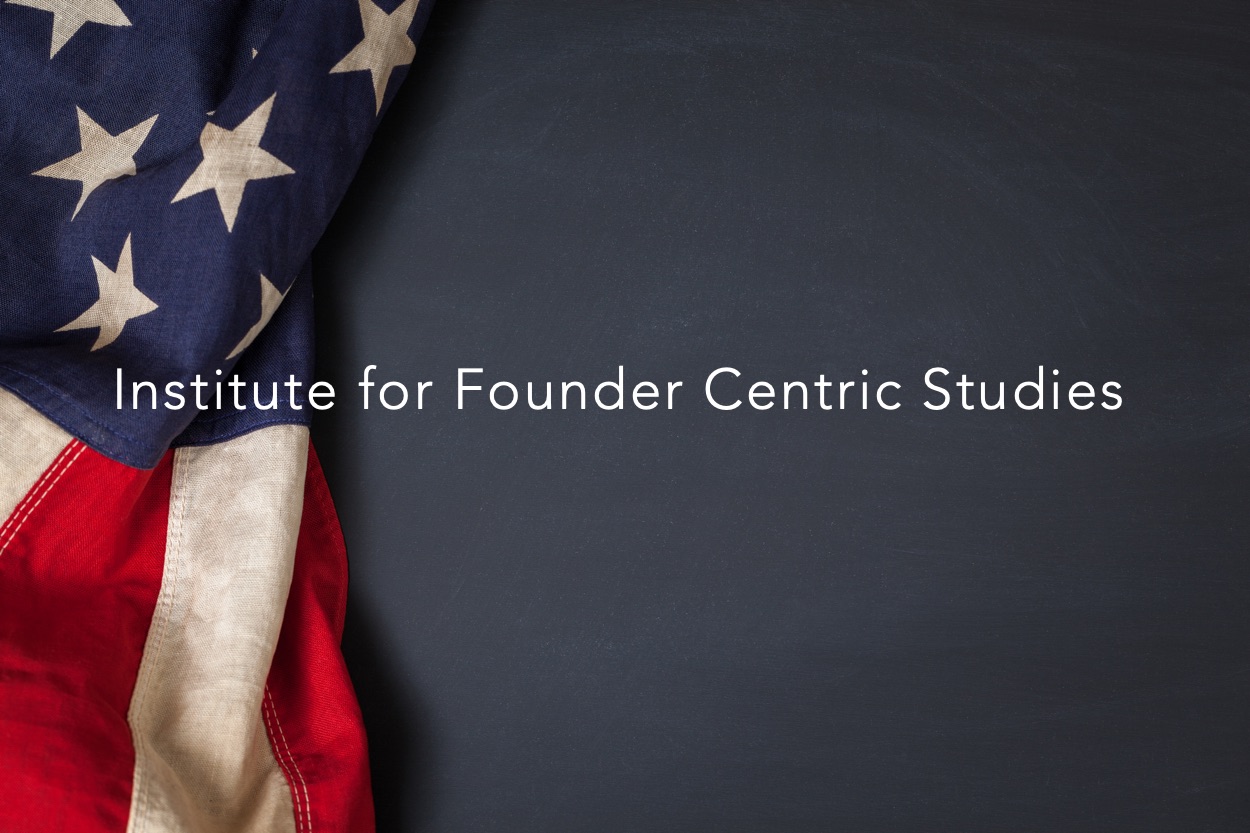The University of Oxford
The era of the U.S. public corporation is in decline. Tectonic shifts in seemingly disparate regions of the corporate landscape are underway. Through the lens of a new theory of the firm, these phenomena are eerily consistent with Harvard Professor Michael Jensen’s bold prediction in Eclipse of the Public Corporation (1989). Yet, much debate in securities law and corporate governance continues to be premised upon the 1932 Berle-Means corporation, marked by a separation between share ownership and managerial control. Eighty-five years later, that ownership structure is being displaced by a more robust organizational form that is particularly suitable to exponential innovation and growth in highly competitive markets – conceptualized as the founder centric firm.
This research piece was written at the invitation of the Business Law group at the University of Oxford. Read more here.
Claudio R Rojas is a founding member of the Institute for Founder Centric Studies, holds an MBA from the Ivey Business School, Juris Doctor from the Faculty of Law at Western University, has achieved all three levels of the CFA examinations, is a practitioner member of the European Corporate Governance Institute, and is a lawyer member of the Bar of Ontario, Canada.

